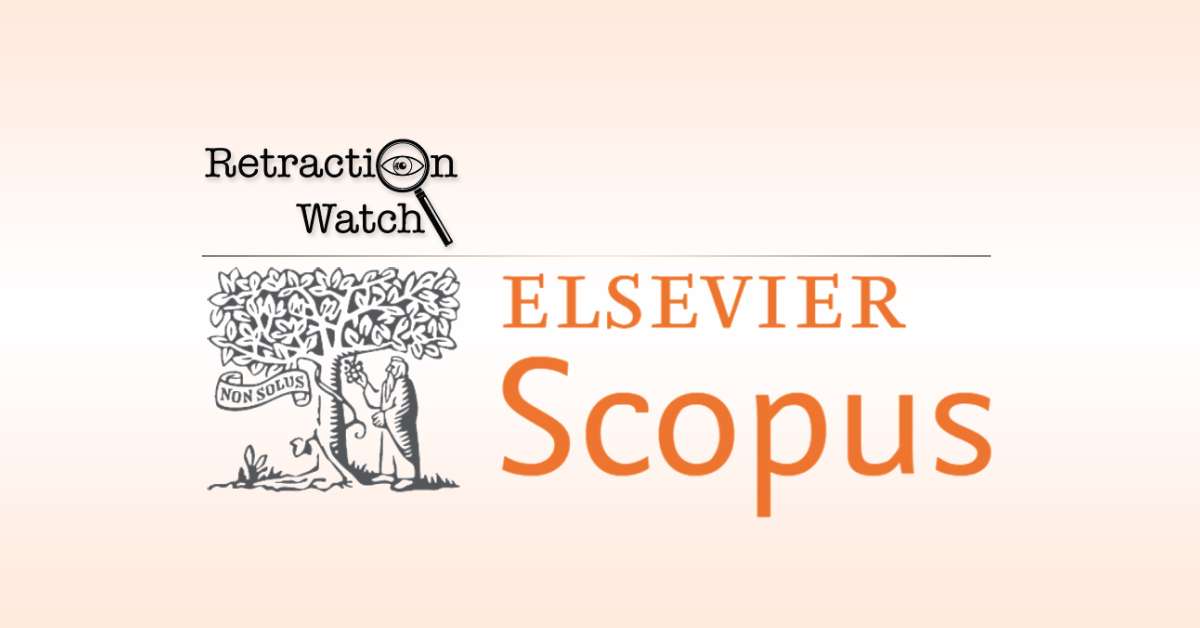The recent revelations by Retraction Watch about the indexing of Science of Law in Elsevier’s Scopus database are not just concerning, they’re alarming. If a platform as prominent and widely relied upon as Scopus can be deceived so easily, we must ask: Where do we fall when our most trusted academic gatekeepers collapse?
Scopus, often described as the world’s most “comprehensive and trusted” academic database, allowed a journal with a fabricated editorial board, falsified archives, and no traceable editorial leadership to slip through its evaluation process. Within months of registering a domain (anonymously, no less), Science of Law, a journal published by the little-known Online Science Publishing, was granted the legitimacy that comes with Scopus indexing.
This case raises fundamental and deeply troubling questions:
- What, precisely, did the Scopus Content Selection and Advisory Board (CSAB) evaluate when reviewing this journal?
- Were any steps taken to verify the identities and academic standing of editorial board members?
- How did such obvious red flags, backdated issues, fabricated archives, and nonexistent editors go undetected?
- If a journal can construct an entire façade of credibility and still be accepted, what is the purpose of Scopus’s selection criteria?
This is not an isolated oversight, it points to a systemic vulnerability within one of academia’s most influential indexing bodies. It illustrates how, despite its vast reach and reputation, Scopus lacks sufficient safeguards to detect even the most blatant fraud. And if Scopus can fail, what happens to the institutions, careers, and policy decisions that rely on its authority?
In many parts of the world, especially where academic incentives are tightly linked to journal indexing and impact metrics, inclusion in Scopus is equated with scholarly legitimacy. By admitting fake journals, Scopus not only misleads researchers and funders, it risks legitimizing citation cartels, paper mills, and unethical publishing practices on a global scale.
Yes, Scopus has now moved to delist Science of Law, but the damage is already done. The real issue is not just removal; it is prevention.
We urge Scopus and all major academic indexing services to acknowledge the depth of this failure and take immediate, transparent steps to repair the cracks:
- Establish an independent research integrity board to review cases, evaluate indexing decisions, and provide expert oversight.
- Introduce strong verification protocols, including mandatory identity validation for editors and editorial board members.
- Leverage AI and digital forensics tools to identify anomalies in publishing behavior, citations, and journal metadata.
- Publicize evaluation reports and delisting decisions, offering full transparency in how journals are vetted, accepted, and removed.
Academic publishing stands at a crossroads. With rising commercial pressures and increasingly sophisticated fraud tactics, we must ask ourselves: If even our most trusted curators of quality can no longer guarantee integrity, how do we rebuild trust in scholarly communication?
The Science of Law episode is more than a misstep, it is a crisis of confidence. One that we can no longer afford to ignore.

